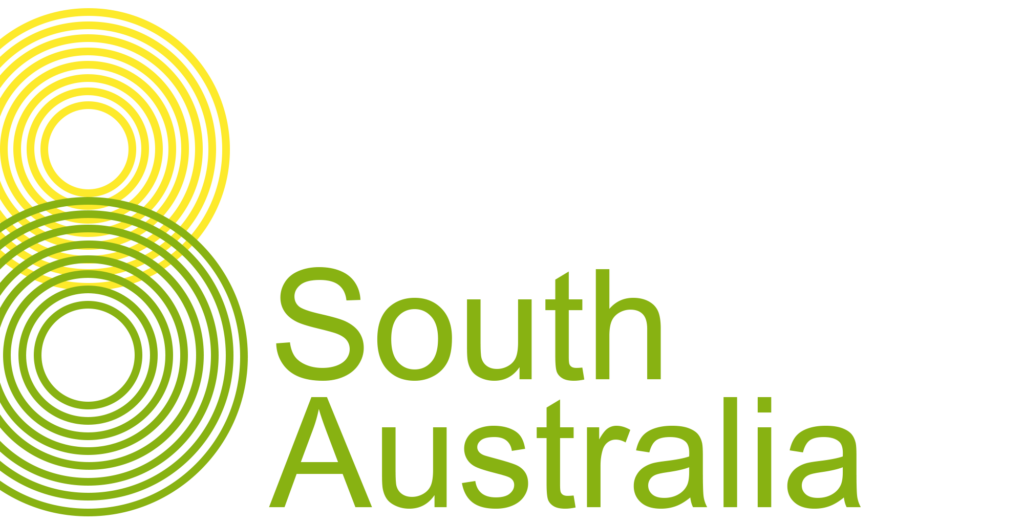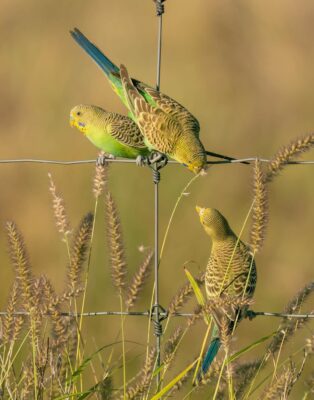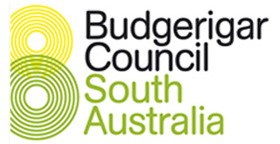
Feeding Your Budgerigar – Tips and Guidelines for Feeding Your Budgie
When feeding your budgerigar, it is important to give consideration to the fact that they are small, active birds that require a balanced and nutritious diet to stay healthy. In this article, we’ll explore some tips and guidelines for feeding your budgie.

Basic Nutritional Needs in Feeding Your Budgie
Budgerigars require a diet that is high in protein, low in fat, and rich in vitamins and minerals. A balanced diet should include a variety of foods, including seeds, grains, fruits, and vegetables. It’s essential to offer your budgies a diverse range of foods to ensure that they are receiving all of the nutrients they need to stay healthy when considering feeding your budgerigar.
Seed Mixes
Seed mixes are a popular staple food for budgies. However, it’s important to choose a high-quality seed mix that contains a variety of seeds, including millet, canary seed, and sunflower seed. Avoid seed mixes that contain a high % of oil-rich seeds, such as sunflower seeds, as these can lead to obesity and other health problems. When considering feeding your budgerigar, it is important that the seed mix is fresh and clean.
Fruits and Vegetables
Fruits and veggies are an essential part of a balanced diet for birds. When feeding your budgerigar, offer your bird a variety of fresh produce. Include dark leafy greens, carrots, sweet potatoes, and berries. Avoid feeding your bird avocado, which can be toxic to birds. Furthermore, limit the amount of high-sugar fruits such as bananas.
Supplements for Feeding Your Budgie
In addition to a balanced diet, budgies may benefit from the addition of vitamin and mineral supplements. However, it’s essential to consult with your veterinarian before adding any supplements to your bird’s diet, as some supplements may be harmful if not used correctly. This is an important consideration when feeding your budgerigar.
Feeding Guidelines for your Budgie
When feeding your budgerigar, it’s important to offer a variety of foods and to avoid overfeeding. Provide your bird with a mix of seed, fruits, and veggies. In addition, monitor their weight to ensure that they are not becoming overweight. Thirdly, offer fresh food and water daily. Finally, clean and disinfect food and water bowls regularly to prevent the buildup of bacteria and other harmful substances.
In conclusion, feeding budgies requires careful planning and attention to their nutritional needs. Providing a balanced and varied diet, along with fresh water and regular vet care, can help ensure that your bird stays healthy and happy for years to come.
